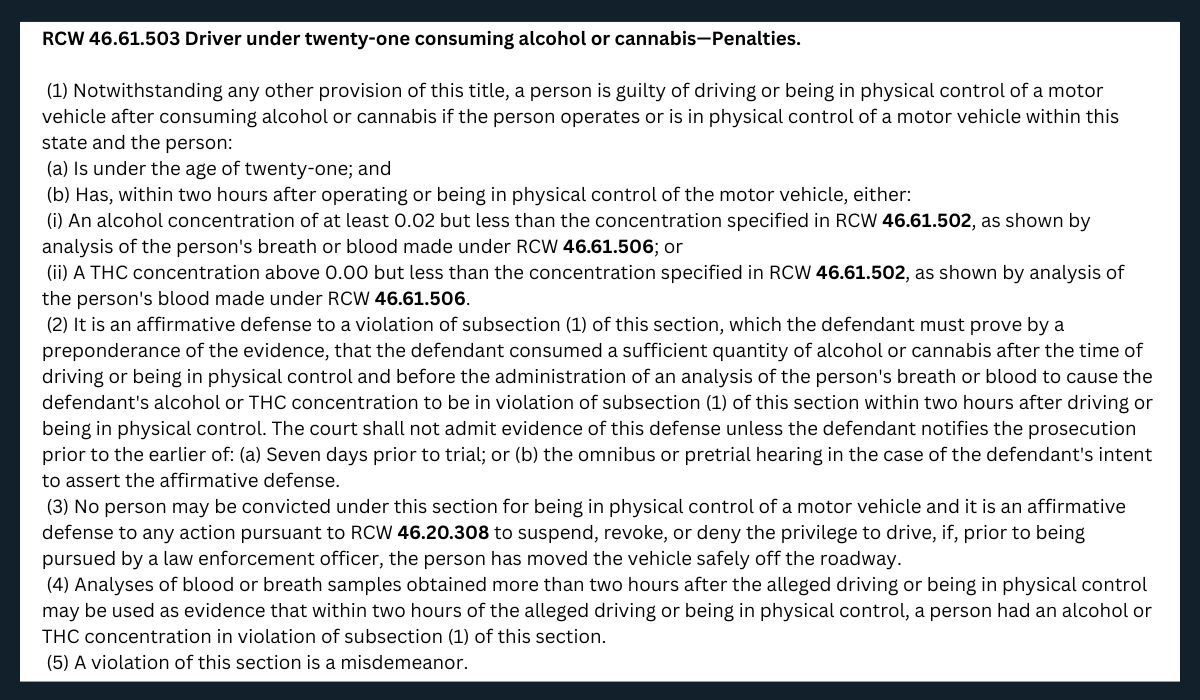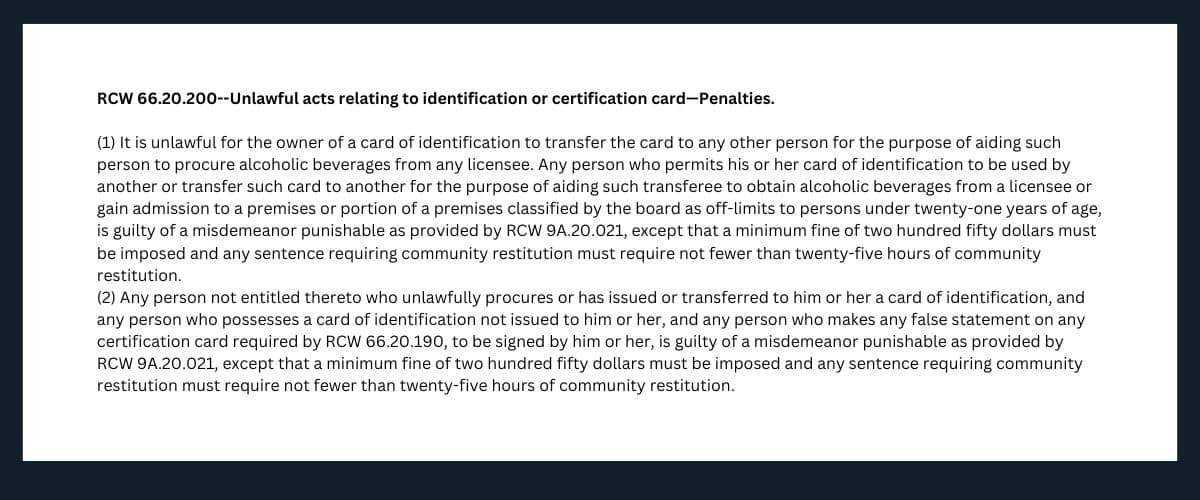Alcohol
If you are under 21 years old and caught driving with a Blood Alcohol Concentration (BAC) of .02-.07 percent as measured by a breathalyzer or blood sample, you will be charged with Minor DUI, which is a misdemeanor. Notice that the BAC level is below the normal standard of .08 percent. So, a Minor DUI pertains to someone under the age of 21 and also has Blood Alcohol below .08 percent. If your BAC is over .08, the prosecutor will charge you with a regular DUI.
Marijuana–THC
If you are under 21 years old, you are not permitted to have any THC in your system. If you are caught driving with a THC concentration of anything above 0.00 you will be charged with Minor DUI. The THC is measured by a blood sample taken at your arrest.
Ask us about our low fee monitoring service.
If you have not been charged yet or do not have a Summons to appear, we will oversee the process and prevent you from getting a warrant.
Differences between Minor DUI and DUI
The “positive” of being charged with Minor DUI is that the standard DUI penalty grid does not apply. There is no mandatory minimum jail time or mandatory ignition interlock. Additionally, if you are convicted of Minor DUI and are later arrested for a second DUI, the Minor DUI will not count as a “prior” for sentencing. However, a prosecutor and judge would be able to see it on your criminal history so may consider it in negotiations or at sentencing.

Department of Licensing
Just like a regular DUI, a Minor DUI triggers a Department of Licensing suspension. You should contest this suspension by filing the DOL Hearing Request Form within 7 days of your arrest.
Crimes involving minors
Other alcohol-related minor offenses we handle are Minor in Possession (MIP) and Unlawful Acts Relating to Identification and Certification Cards (using a fake ID).


Get help now
Whether you choose to handle your case alone or you hire the Witt Law Group, get educated and prepared. There are so many factors that occur in the early part of your case that can dictate whether you will end up with a fair recovery. Remember that a consultation is free and worth your time. You will likely discover that the earlier you get an attorney involved in the process, the easier the transition back to normal life. Your attorney will take over all contact with the insurance adjuster and keep track of your treatment providers and bills. Your job is to heal. Our job is to present your injuries and damages to the insurance companies and argue for a fair settlement that accurately reflects the pain and damages you’ve suffered.

